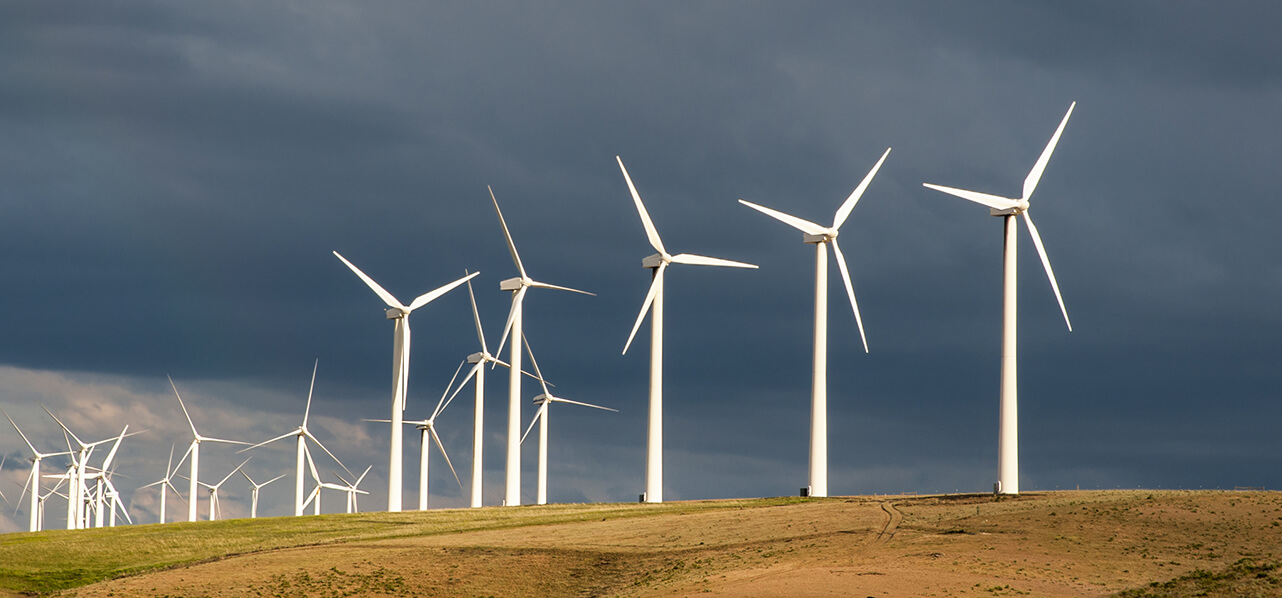In our previous article “The Anatomy of an LNG to Power Project” dated October 2020 (available here), we considered the nature of LNG to Power projects and discussed some of the key issues which investors should be alive to when looking to develop an LNG to Power project.
In this article, we discuss the development of an LNG to Power market in Vietnam and highlight a number of key legal, structuring and risk issues to be aware of.
Demand of LNG to Power market in Vietnam
The LNG to Power market in Vietnam offers interesting opportunities for both domestic and international investors.
Vietnam has an increasing demand for energy and according to the government’s power master plan (the “Power Master Plan”), gas will form a large part of this, especially as investors move away from coal. Although domestic gas production is expected to increase over the next several years, there is a shortfall in demand that the government is anticipating will be filled by LNG. LNG can also potentially act as a back-up fuel for power projects fired by domestic gas in case of interruption and make such projects more stable and feasible. It will also facilitate the bankability of the project by creating sustainable cash flow.
Accordingly, there are already a number of LNG to Power projects that are either planned or approved in Vietnam.
Existing market and structures
There are already structures for developing and financing power projects in Vietnam that have been accepted by foreign investors and lenders. This makes Vietnam an attractive market for overseas investors. Given that currently no LNG to Power projects have been completed in Vietnam, in this article we have considered the existing structures (particularly for imported coal) as a starting point for structuring LNG to Power projects subject to adjustments discussed below.
It should also be noted at the outset that the market in Vietnam is constantly changing. Currently Vietnam Electricity (“EVN”) is the sole offtaker, however, over the next several years, we can expect to see a liberalisation of the market and the development of a merchant market for electricity. The merchant market together with the potential development of LNG infrastructure, will hopefully create the possibility for developing projects on structures that are currently considered too high risk. In addition, a new Vietnamese public-private partnership law (the “New PPP Law”), a new Vietnamese Investment Law and a new Vietnamese Law on Enterprises will come into force on 1 January 2021. We have noted in the subsection “Major Legislation” some of the key changes that will be brought in by these new laws.
Nick Dingemans, a former partner in our Singapore office, also contributed to this article.
Download the full article Here






